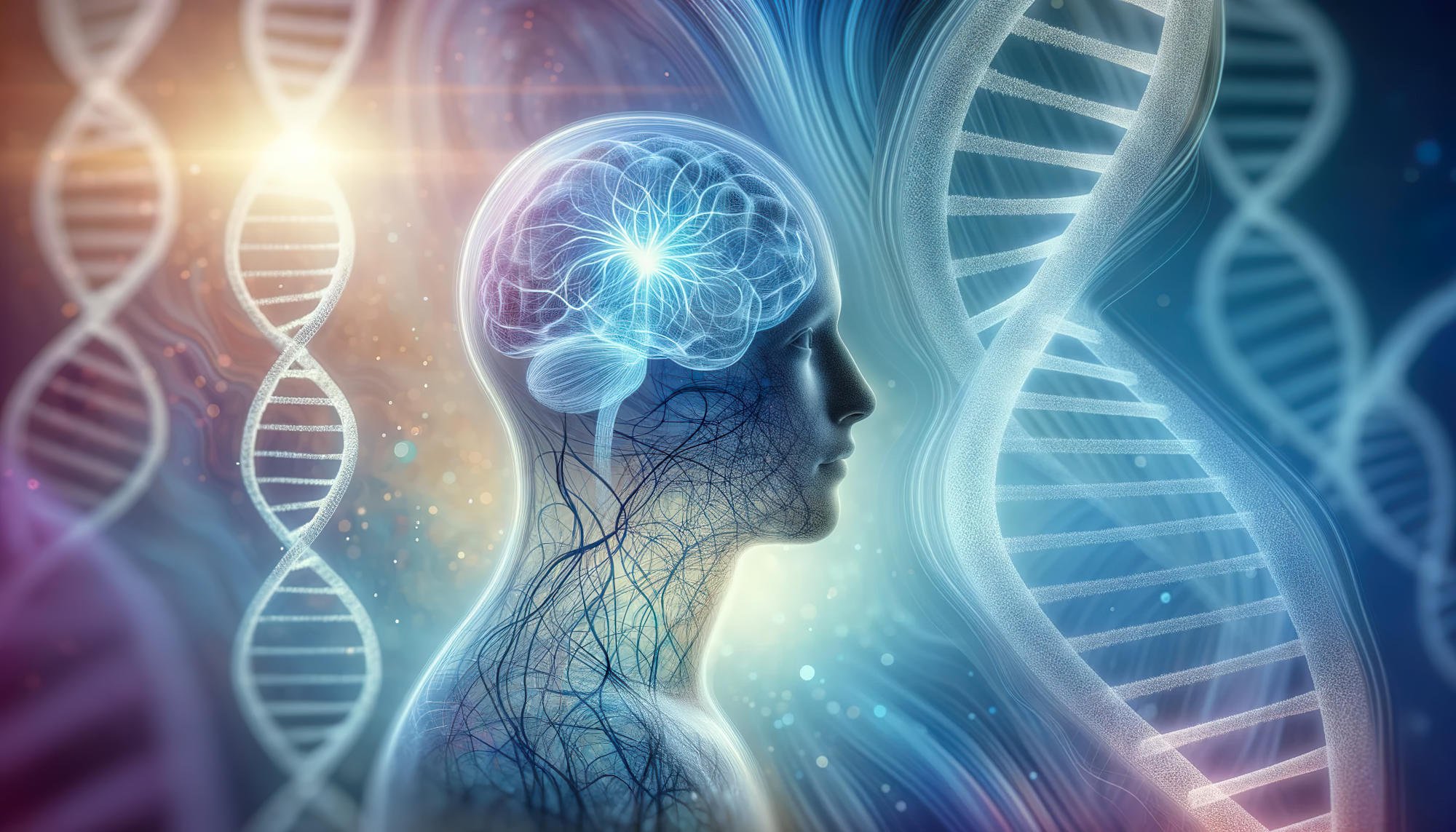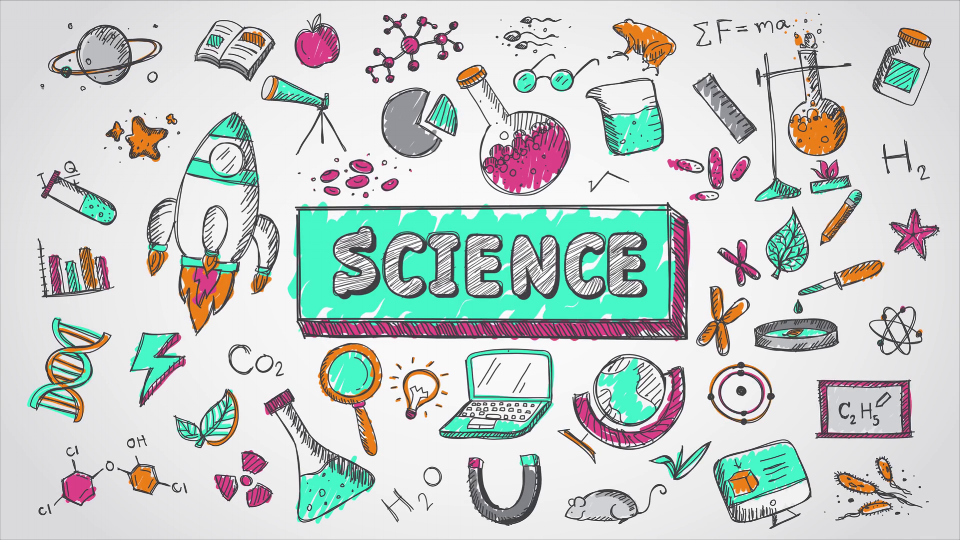Human evolution is a fascinating story that involves millions of years of adaptation, survival, and genetic change. At the core of this story is our DNA, the blueprint of life, which carries the genetic instructions that shape our physical and biological traits. In this article, we will explore how genetics plays a crucial role in human evolution and how understanding our genetic makeup helps us better understand who we are.
The Role of Genetics in Human Evolution: How Our DNA Shapes Us
What is Genetics?
Genetics is the study of heredity, or how traits are passed from one generation to the next through genes. Genes are segments of DNA that carry the instructions for building and maintaining our bodies. These instructions dictate everything from our eye color to our susceptibility to certain diseases. Understanding genetics is key to understanding human evolution because our genes are the carriers of the information that has been shaped by millions of years of natural selection.
Human Evolution and Genetic Changes
- The Role of Mutations Mutations are changes in the DNA sequence that can introduce new traits in a population. Most mutations are neutral or harmful, but some can be beneficial and lead to evolutionary changes. Over generations, beneficial mutations become more common, shaping the evolution of a species.
- Natural Selection and Survival Natural selection is the process by which organisms with traits better suited to their environment are more likely to survive and reproduce. Over time, this leads to the accumulation of advantageous genetic traits in a population. In human evolution, this process has shaped our physical and cognitive traits, from the development of larger brains to the ability to walk upright.
- Genetic Evidence of Human Evolution Scientists study the genetic makeup of modern humans, as well as our closest relatives like chimpanzees and Neanderthals, to trace the path of human evolution. Genetic evidence suggests that humans and chimpanzees share a common ancestor, and the divergence of our species occurred about 6-7 million years ago.
- The Role of Genetic Drift Genetic drift refers to random changes in the frequency of alleles (gene variants) in a population. This process can lead to the loss of certain traits over time, especially in smaller populations. In human evolution, genetic drift has played a role in the genetic diversity observed in modern human populations.
Modern Genetics and Human Evolution
- Genetic Mapping and Human Ancestry Advances in genetic mapping, such as the Human Genome Project, have allowed scientists to decode the entire human genome and compare it with that of other species. This has provided valuable insights into our evolutionary history and how our genes have changed over time.
- Epigenetics: Beyond DNA Epigenetics is the study of changes in gene expression that do not involve changes to the underlying DNA sequence. Environmental factors, such as diet and stress, can influence gene expression and, in some cases, affect evolutionary processes. Epigenetic changes may explain some of the adaptive traits seen in human populations.
- The Future of Human Evolution While evolution is a slow process, advances in genetic engineering and CRISPR technology raise the possibility of accelerating human evolution in the future. Scientists are exploring the potential to edit genes to prevent diseases, enhance physical traits, or even improve cognitive abilities. This raises ethical questions about how humans might intentionally shape their own evolution.
Challenges and Ethical Considerations
While genetics has unlocked many mysteries of human evolution, it also raises important ethical concerns. The ability to manipulate genes brings up issues related to privacy, inequality, and unintended consequences. As our understanding of genetics grows, it will be important to approach this powerful tool responsibly.
Conclusion:
Genetics is at the heart of human evolution, shaping who we are and how we have evolved over millions of years. By studying our DNA, we can gain valuable insights into our ancestry, health, and even the future of human evolution. As genetic research continues to advance, the possibilities for understanding and shaping human life are expanding, but it also comes with profound ethical considerations that must be carefully considered.




